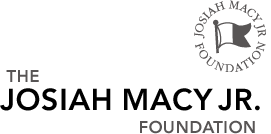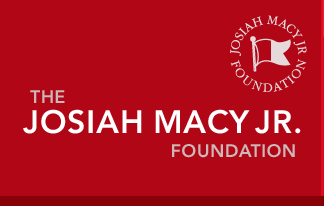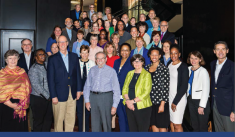Our Grantees
Across the Foundation’s priority areas, our grantees are working to improve the health of the public through innovative research and programs. The Foundation awards up to 40 grants on a rotating schedule each year.
Creating an IP Community of Practice for Continuous Learning & Development of Health Professions
The Center for Medical Simulation has more than a 20 year track record of offering on-site interprofessional faculty development programs and train-the-trainer programs. In response to feedback from their alumni, the Center is developing an Interprofessional Community of Practice (iCoP), a collective learning process by a group of people with a shared interest. This would provide a mechanism for ongoing faculty development. The learning will be primarily experiential and involve deliberate and reflective practice. The proposed project would develop many components of the iCoP concept in a two phase pilot and it is potentially applicable to all health professions educators. The first phase would utilize alumni of the program, members of the National Center for Interprofessional Practice and Education, and participants in the Train-the-Trainer Interprofessional Faculty Development Program to provide information on achieving an engaged membership and enhanced performance through a convenient, easy-to-use, central, and needs-driven platform. During the second phase, the Center will offer iCoP to all students of the Institute for Medical Simulation courses.
The iCoP will provide the following to participants:
- Regular reinforcement of new skills
- Focused practice with appreciative feedback from expert coaches
- Spaced learning activities
- Learning available on their schedule
- On-demand and just-in-time asynchronous modules
- Peer-to-peer feedback and support
- The choice to work asynchronously or to video conference synchronously with peers
From the feedback of dozens of educators who have experienced the Center’s virtual platform, participants will feel empowered and motivated to develop themselves further and mentor faculty within their institutions. The pilot group will be mentored by experienced faculty who model interprofessional collaboration, self-critique, and self-reflection.
The iCoP would not replace but rather provide a desired and needed complement to on-site programs. Over time, if successful, the iCoP could contribute significantly to better health professions education and better health care delivery.




 11.13.18
11.13.18